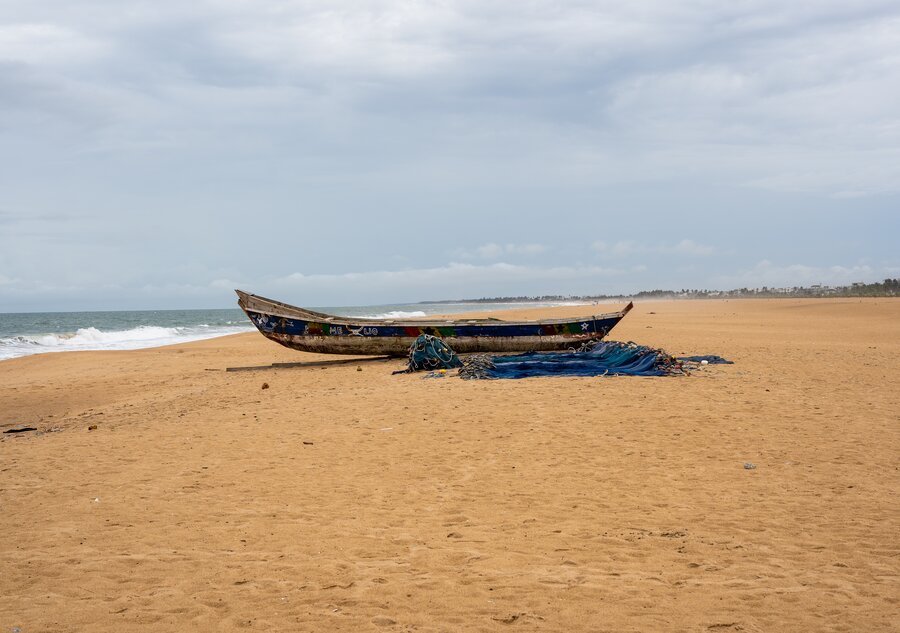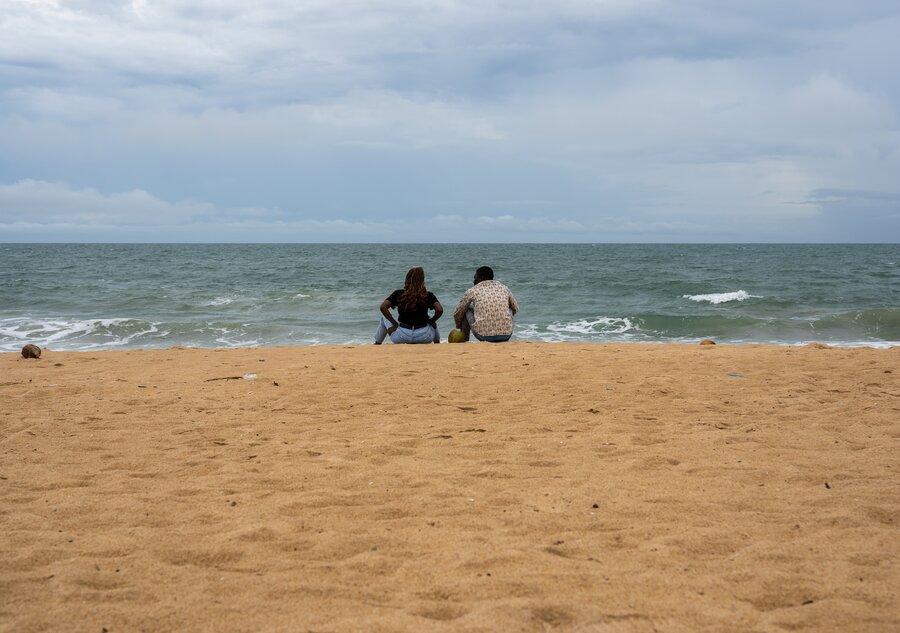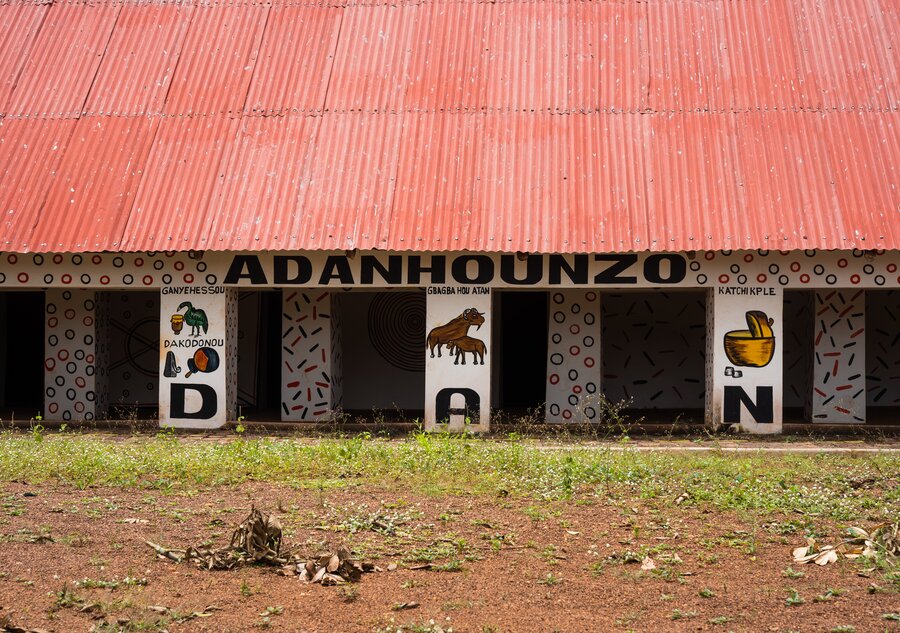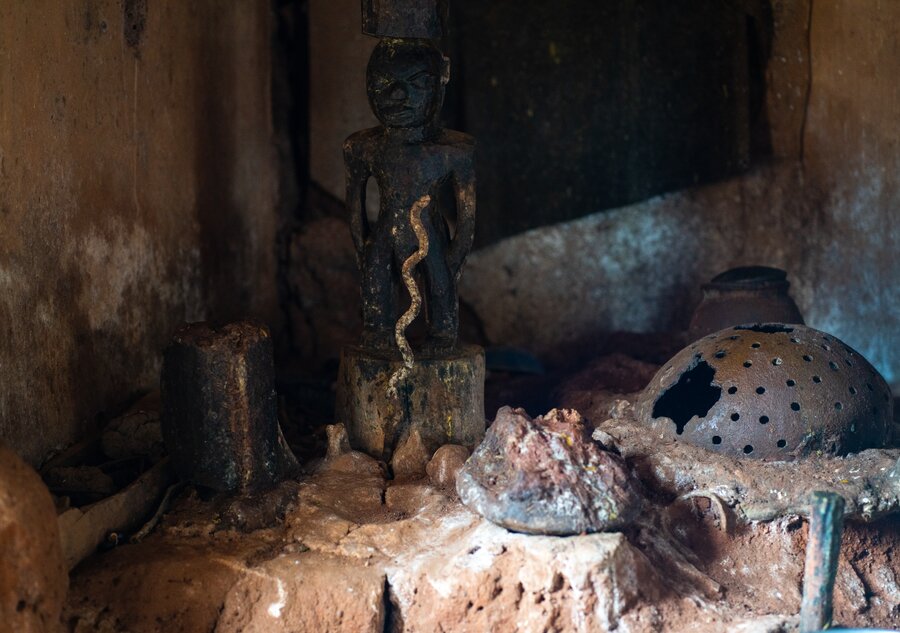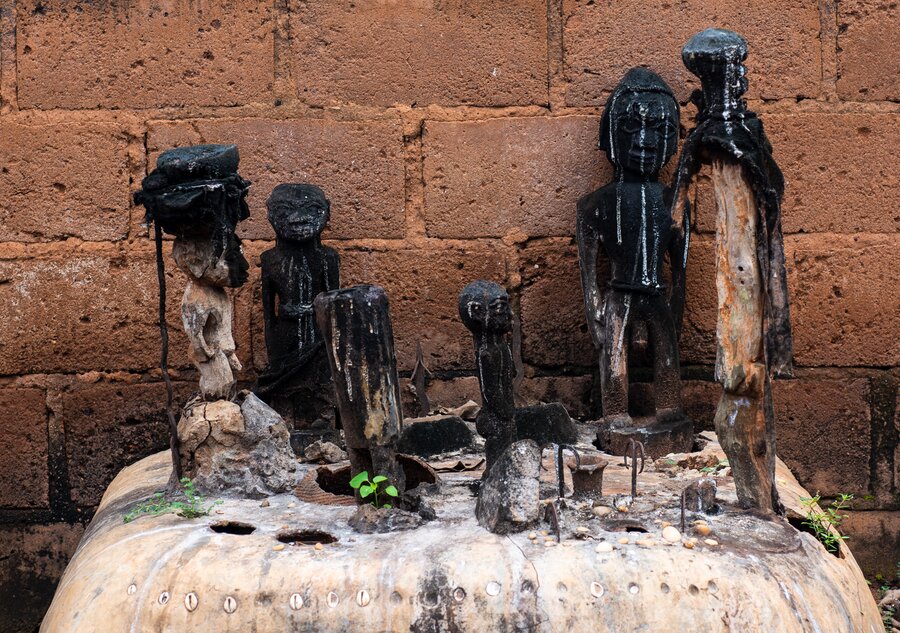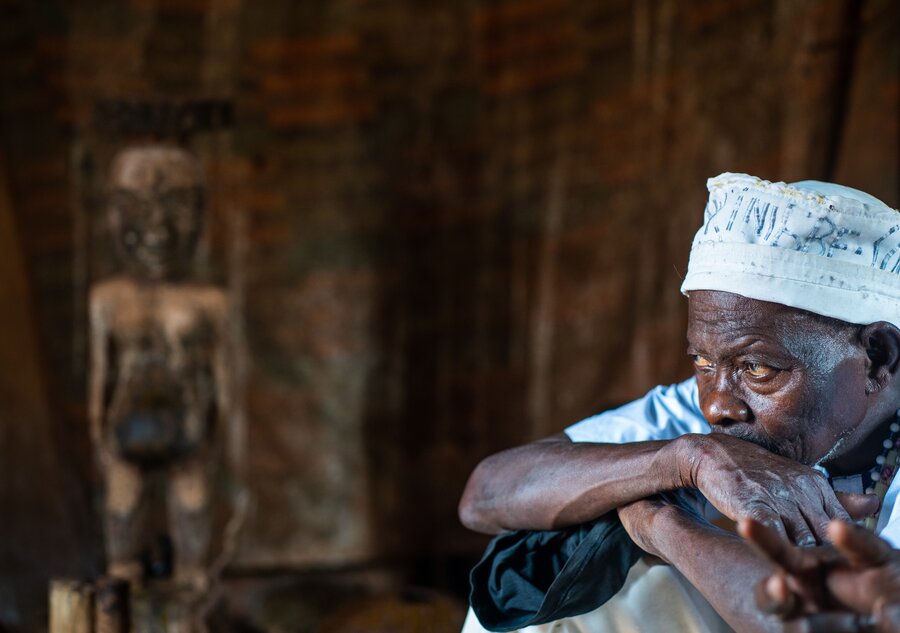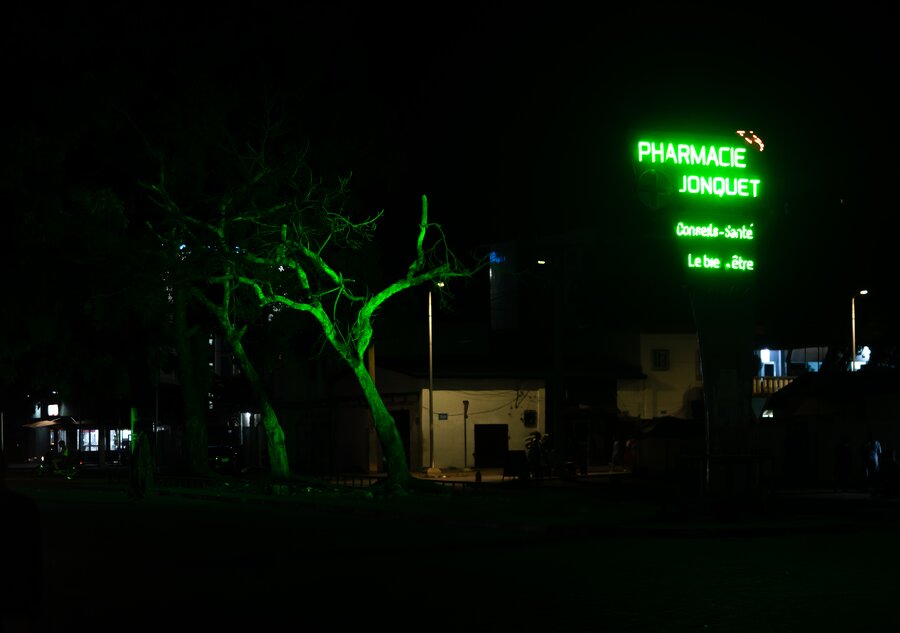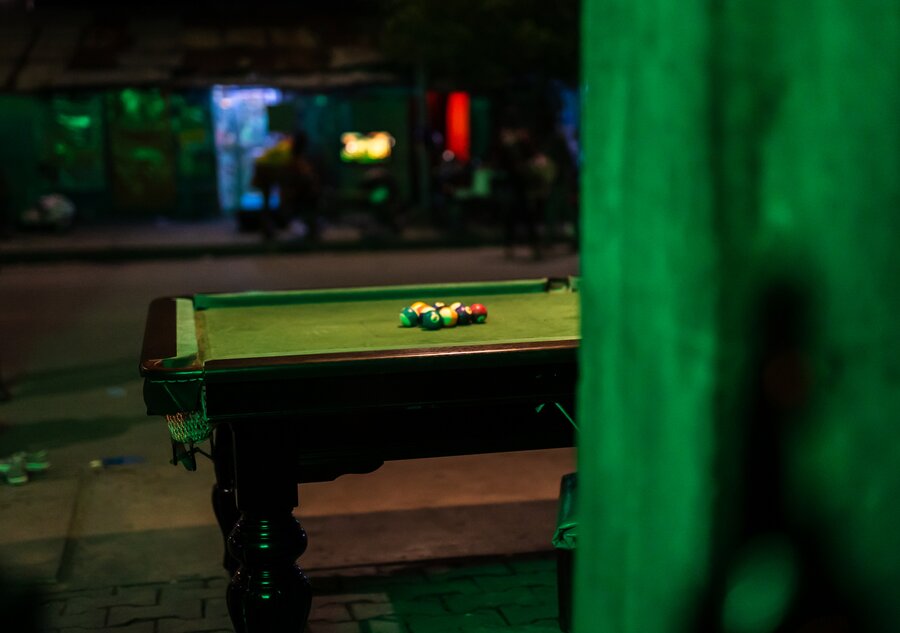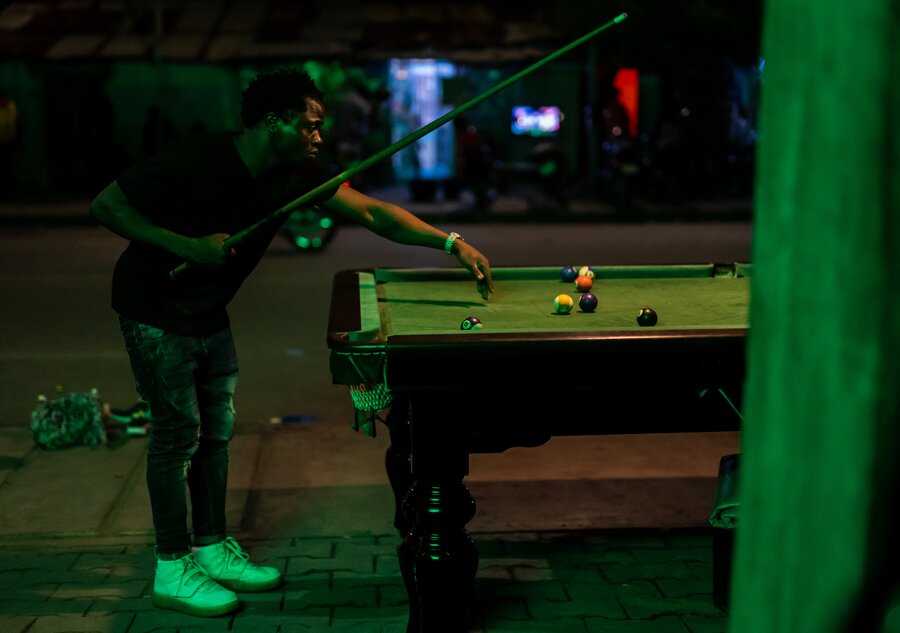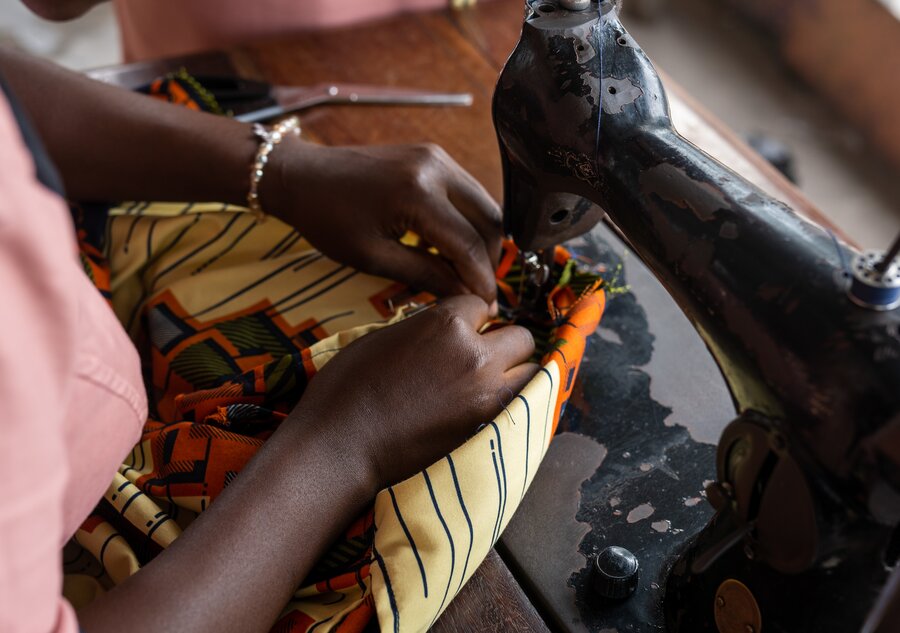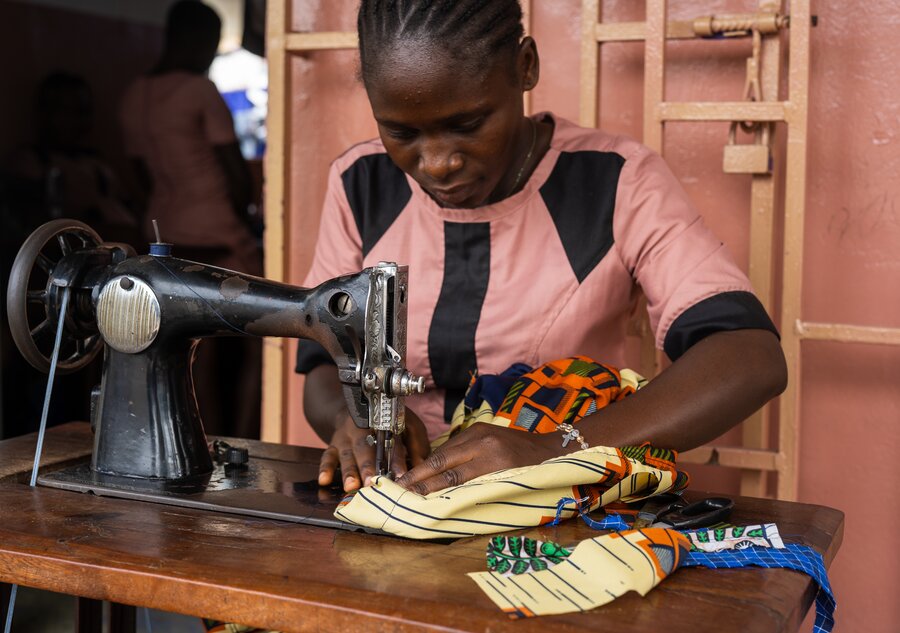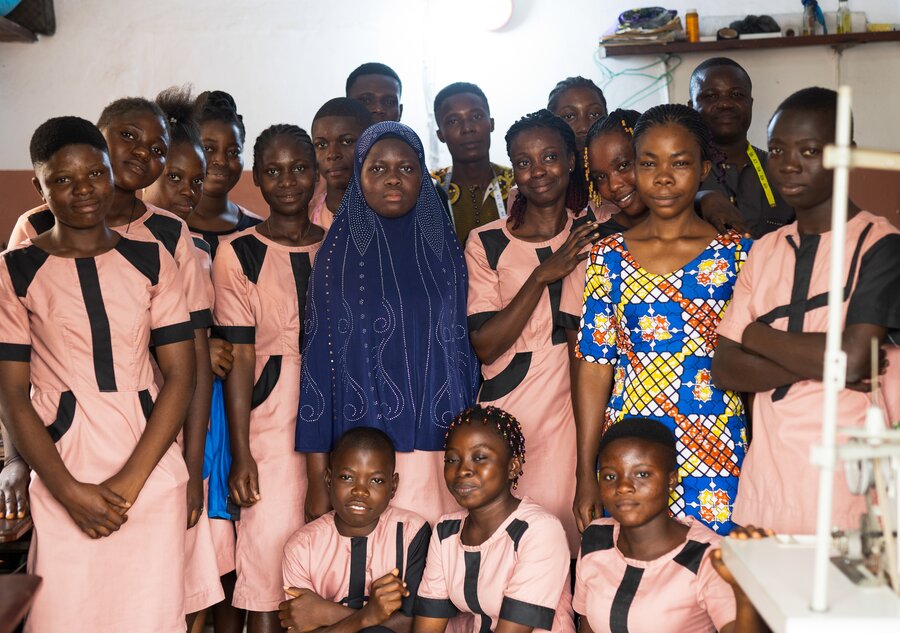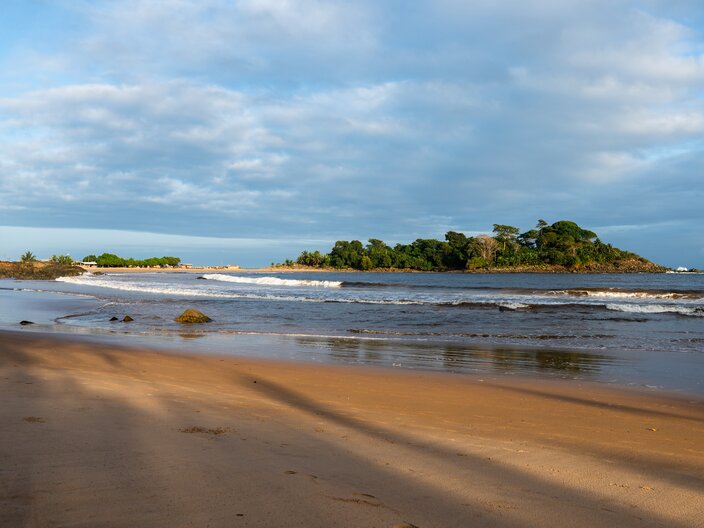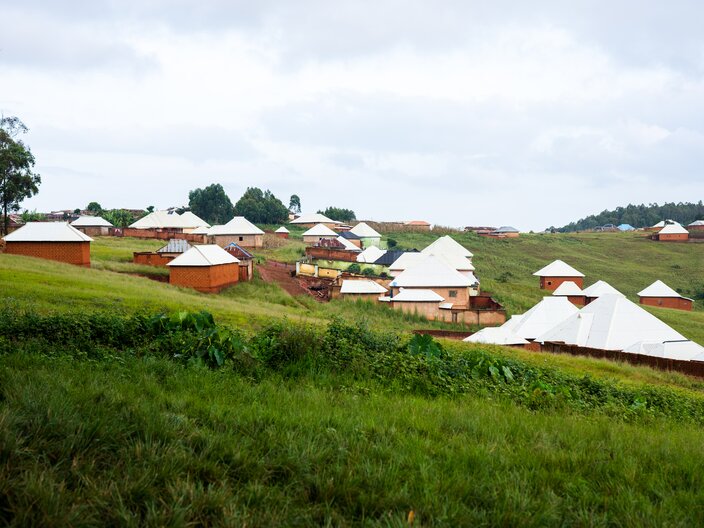The country offers a rich history and a vast array of living traditions. The people are very friendly and curious. On the coast there are beautiful beaches that invite you to linger.
Benin
Benin is another relatively small country in Western Africa. Due to French colonial rule, a large part of its own history was suppressed and destroyed. This is particularly true about the historical kingdom of Dahomey with its palaces in Abomey and Ouidah which were completely smashed. Today, with the help of large financial resources from France, the historic sites are being extensively renovated and rebuilt. In the future, these should provide an attraction for tourists and income into the country.
Voodoo is the largest religion in Benin and is also visibly practiced. Shrines and temples can be found everywhere. Voodoo priests offer help to the locals with questions about health or life, as well as with births or funerals. Today, the country is struggling not only with extensive poverty that still exists, but also with the increasing influence of Islamic extremists in the north of the country.
Country and people in Benin
The Forgotten Kingdom of Dahomey
For some 260 years, southern Benin was ruled and governed by the kings and a queen of the Kingdom of Dahomey. They were a warlike people who were directly involved in the slave trade. After wars of conquest, the defeated territories were taken, the people enslaved and sold to European slave traders who transported them overseas. This is a dark chapter of human history with African involvement.
The Kingdom of Dahomey maintained a female army, which is considered the origin of the legend of the Amazons. The Kingdom's only queen established the women's army as a personal bodyguard for fear of being ambushed by her male adversaries. Because of their loyalty and fighting ability, the women's army was maintained even after the abdication of the Queen.
Abomey, the capital of the Kingdom, with its palace and temple complexes is now a UNESCO World Heritage Site and was undergoing reconstruction at the time of our visit. Mostly financed with French money, no doubt due to France's colonial past in the country and the cultural destruction it caused.
Voodoo - Lived Religion
Wherever you are in Benin, voodoo is omnipresent. Be it in conversations with people or through the many shrines and temples. We learned that there are different types of voodoo and that it can be very diverse. Especially regarding the most important deities which are regionally diverse. The essence of voodoo lies in nature itself. Everything and everyone contain life and therefore spirits. Voodoo gives answers to all questions that arise and contains the entire universe. Voodoo is more than a spiritual journey. It is a way of life that sees human beings as an integral part of nature and strives for harmonious coexistence on all levels.
Cotonou by night - Jonquet
The nightlife in Benin's capital is well-known far beyond its borders. After hearing many stories, we wanted to experience it by ourself. Due to visa applications and a lot of waiting time in the city, we had enough time to explore Cotonous nightlife.
The Jonquet district is the meeting place for young and old. One bar follows the next. With lots of neon lights and garish colours, they try to draw people in - like mosquitoes to light. We were quickly approached by curious locals – as it often happens in any African country. Strolling through the streets, we also met many women who wanted to offer us their services. During our conversations, we learned about the individual fates of both the men and the women. It is a bright and, at first sight, cheerful district. But if you dig a little deeper, the desperation and existential fear of everyone becomes apparent.
Learn to become a tailor
We had the idea to get some new clothes made for us – so we bought some locally produced WAX print fabrics. Finding the fabric was not that easy, as there are almost no weaving mills in West Africa today and the fabrics are mostly imported from the Netherlands or China. However, once in possession of our genuine West African WAX print, we searched for a special tailor shop.
Tailor Toni in Cotonou has a tailor shop where he provides young school leavers from the neighborhood the opportunity to learn tailoring in a very small space. More than 20 young people create customers' orders on a total of six, foot-operated sewing machines. Most of the time, while one person is sewing, four others are standing next to them. Toni is very well known in the city because of his social commitment, which keeps his order books full.





